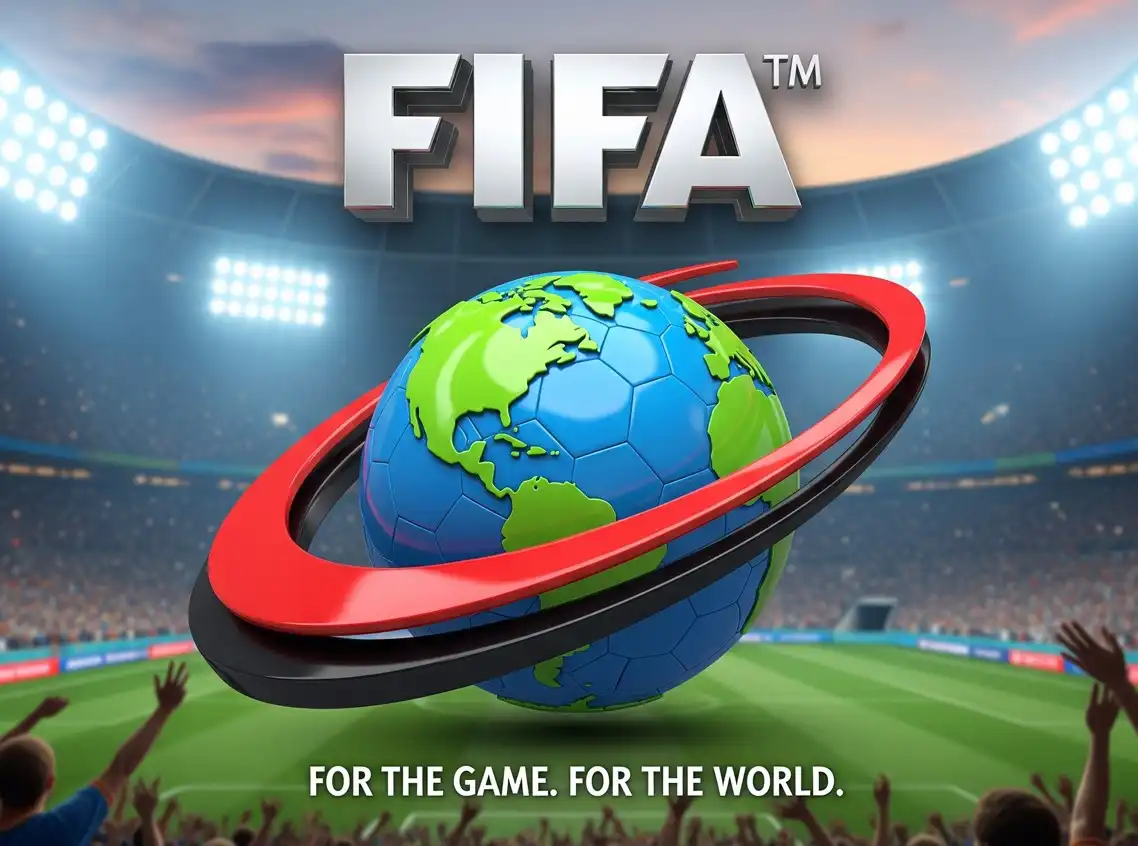The Beautiful Game, The Ugly Truth? How FIFA Became a Geopolitical Heavyweight
Muhe - Friday, 01 August 2025 | 08:00 AM (WIB)


Beyond the Pitch: Soft Power and Global PR
Think about it: hosting a World Cup isn't just about building stadiums and selling tickets. For a nation, it’s a gold-plated invitation to the global spotlight. We saw it with Qatar in 2022, a tiny nation leveraging the tournament to project an image of modernity and openness, even amidst intense scrutiny over human rights and environmental concerns. Russia did something similar in 2018. It’s a masterclass in soft power – using cultural appeal and influence rather than military might or economic coercion. Countries bid fiercely, spending eye-watering sums, not just for the tourism boost, but for the sheer prestige, the chance to rewrite their narrative on the world stage, and potentially, pull in billions in investment down the line. It's like the ultimate global PR campaign, with every goal, every save, every dramatic moment beamed into living rooms worldwide.The Diplomatic Touchdown: FIFA as Mediator
Believe it or not, FIFA often finds itself in the unlikely role of a diplomat. When official government channels are icy or non-existent, sometimes football steps in. Imagine rival nations, barely speaking politically, sending their football teams to play. While it doesn't solve deep-seated conflicts overnight, it creates a unique space for interaction, for shared moments, and sometimes, for quiet dialogue behind the scenes. We've seen instances where FIFA has had to mediate disputes between national federations, sometimes even applying sanctions as a form of geopolitical pressure. Remember when Russian teams were booted from international competitions after the Ukraine invasion? That wasn't just a sporting decision; it was a powerful, globally recognized condemnation, a clear signal from a significant non-state actor. It shows that in the international arena, sometimes the fastest way to get a message across isn't through a UN resolution, but through a red card.The Financial Muscle: Big Bucks, Big Influence
Let's talk money, because that's where a lot of FIFA's power truly resides. This isn't some small non-profit; it's a multi-billion-dollar enterprise. We’re talking massive sponsorship deals, astronomical TV rights, and a global marketing machine that makes Hollywood studios look modest. This financial muscle gives FIFA incredible leverage. Nations want to be in FIFA’s good graces because hosting tournaments, getting development grants, or even just having their league featured prominently, translates into economic benefits. This wealth allows FIFA to operate with a degree of independence from any single government, effectively giving it a kind of sovereign power. When FIFA speaks, people listen, not just because of the sport, but because of the immense economic weight behind its words. It’s the kind of clout that makes presidents and prime ministers take notice, often lobbying FIFA officials like they're heads of state themselves.Navigating the Minefield: Scandals and Scrutiny
Of course, it hasn't all been a smooth ride to glory. FIFA's journey into the geopolitical spotlight has been littered with controversies, the most infamous being the 2015 corruption scandal that saw top officials arrested and indicted. These incidents severely dented its reputation, raising serious questions about governance, transparency, and the ethics of its decision-making processes. Human rights groups often scrutinize host nation selections, pointing out issues like labor abuses or restrictions on free speech. It's a bit of a head-scratcher: how can an organization that champions "Fair Play" seemingly overlook such serious issues? These darker chapters are a stark reminder that immense power, especially when combined with vast sums of money, needs robust oversight. It highlights the constant tension between FIFA's global aspirations and the very real ethical dilemmas it faces.The Unfolding Story: FIFA's Future Influence
So, where does FIFA go from here? As the world becomes increasingly interconnected and complex, non-state actors like FIFA are only going to become more significant. They operate in a fascinating grey zone, wielding influence that sometimes rivals that of nation-states, shaping narratives, and facilitating interactions on a global scale. Whether it's promoting diversity, advocating for climate action, or navigating ongoing geopolitical tensions, FIFA's role extends far beyond the final score. It’s a powerful testament to how a shared passion, a simple game, can become a conduit for diplomacy, a tool for national branding, and a stage for some of the world's most intricate political dance moves. Love it or hate it, one thing's for sure: FIFA's impact on the global stage is undeniable, and its story is still very much being written. It’s truly the beautiful game, with a whole lot of political baggage, for better or worse.
Liverpool vs Arsenal Prediction: Week 3 of the 2025/2026 Premier League
14 days ago

Rayo Vallecano vs. Barcelona Prediction: Week 3 of La Liga 2025/2026
14 days ago

Messi's Last Dance? The GOAT Hints at a Potential World Cup Farewell in 2026
15 days ago

Real Madrid vs Mallorca Prediction: Los Blancos Aim for Third Consecutive Win
15 days ago

West London Derby: Chelsea vs. Fulham Prediction, Week 3 Premier League Match
16 days ago

Manchester United vs Burnley Prediction: Tough Test at Old Trafford
16 days ago

The Roar of History: Why Almaty Ortalık Stadium Isn't Just a Venue, It's Kazakhstan's Heartbeat
16 days ago

Wayne Rooney’s Stark Warning: Can Manchester United Still Attract Elite Managers?
16 days ago

The End of the Road: Ole Gunnar Solskjaer's Turkish Adventure Concludes Abruptly at Besiktas
16 days ago

Argentina vs. Venezuela: Lionel Messi's Final Moments in Home?
16 days ago
